Mario Vargas Llosa He is a writing genius who never leaves anyone indifferent, both in his role as a writer, as in his social interventions and political manifestations. Strictly literary the Olympus of Latin American letters awaits you next to Gabriel García Márquez, on both sides of Cervantes.
But in life, the character continues to overshadow the great work. And that in reality it is even advisable to have a position and a clear ideology, as is the case of the Award Nobel Prize in Literature 2010. What happens is that demonstrating without lukewarmness today ends up reporting enmities, unfollows and other nonsense. The most important thing is to be consistent and Don Mario seems to proceed in this way.
Having said this free opinion, if we stick to the literary, I probably won't have to discover the great Peruvian author, but perhaps my particular tastes can help you to choose readings with which to enter the bibliography of Mario Vargas Llosa.
Top 3 best recommended novels by Mario Vargas Llosa
Bad girl antics
Itinerant love, as a resource between scenes, as rest and between time. Love as a visa for each new trip. With the regret of losing it a little at each new destination, with the hope of recovering it with more vigor towards new voyages. Because when one aspires to vital goals, love almost never accompanies until the end. Because dedication and self-sacrifice wear him down in his most primary essence. And who gives up what so that everything could move forward in parallel?
At a very young age, Ricardo sees his dream of living in Paris fulfilled. But the reunion with a teenage love will change everything. The young woman, nonconformist, adventurous, pragmatic and restless, will drag him out of the small world of his ambitions.
Witnesses of turbulent and flourishing times in cities like London, Paris, Tokyo and Madrid, both characters will see their lives intertwine without ever completely coinciding. This dance of encounters and disagreements will make the intensity of the story grow page by page until it fosters a true fusion of the reader with the emotional universe of the protagonists. Passion and distance, chance and destiny, pain and enjoyment... What is the true face of love?
The party of the goat
Mario Vargas Llosa demonstrates his extensive knowledge of the social and political events of all Latin America in many of his books. But perhaps this is his most successful work in that kind of mixture between political criticism (or at least of the worst of the regimes) and social semblance.
At La Fiesta del Chivo we witnessed a double return. While Urania visits her father in Santo Domingo, we go back to 1961, when the Dominican capital was still called Ciudad Trujillo. There a man who does not sweat tyrannizes three million people without knowing that a Machiavellian transition to democracy is brewing.
Vargas Llosa, a contemporary classic, recounts the end of an era giving voice, among other historical figures, to the impeccable and implacable General Trujillo, nicknamed El Chivo, and the calm and skilled Dr. Balaguer (everlasting president of the Dominican Republic).
With a rhythm and precision that is hard to beat, this universal Peruvian shows that politics can consist of making one's way through corpses, and that an innocent being can become a gruesome gift.
Pantaleon and the visitors
The world is a satire and when an author like Vargas Llosa takes to the tragicomedy of our time, the result is a lacerating, hilarious work. But it is also a disturbing novel loaded with the transcendence of our miseries as an essential indication of the human. Faced with this narrative of life from still quixotic characters today, it only remains to admit the brilliance of the alienating, the pleasure of discovery from the estrangement of emotions.
Pantaleón Pantoja, a recently promoted Army captain, receives the mission of establishing a prostitution service for the Peruvian Armed Forces in the most absolute military secrecy. Strictly complying with his duty, he moves to Iquitos, in the middle of the jungle, to carry out his mission, to which he gives himself with such obstinacy that he ends up endangering the gear that he himself has set in motion.
Conceived and assembled with master's expertise, Pantaleon and the visitors supposes a turn in the narrative work of Mario Vargas Llosa. The social realism present in his first works gives way to a precise dosage of the sense of humor, satire and irony that enrich without measure the development of his peculiar literary universe.
Other recommended books by Mario Vargas Llosa…
Lituma in the Andes
I met Mario Vargas Llosa, or at least I got into his work thanks to the Planeta prize he was awarded in 1993 for this novel.
Lituma is the protagonist of this book, a Peruvian army corporal with the task of protecting a population threatened by the Shining Path terrorist organization. The dramatic experiences, the existential touch, the mastery in the description of general and personal scenarios, a true masterpiece ...
In a mining camp in the mountains of Peru, Cape Lituma and his deputy Tomás live in a barbarous and hostile environment, under constant threat from the Maoist guerrillas of the Shining Path, and struggling with unclear mysteries that haunt them, such as certain disappearances. inexplicable; there is also the intimate story of these characters, especially that of a former love of Tomás, which is told in the form of interspersed episodes as a counterpoint of memories to the collective drama.
The mythical breath of the narrative, in which many other energetically drawn silhouettes are glimpsed, infuses extraordinary life into realities that are observed in a relentless and meticulous way.
I dedicate my silence
The greatest storytellers thrive when it comes to offering us contextualized narratives at any time. This is how they create unforgettable characters who overcome the circumstances to become heroes of survival...
Toño Azpilcueta spends his days between his work at a school, his family and his great passion, Creole music, which he has been researching since his youth. One day, a call changes his life. An invitation to go and listen to an unknown guitarist, Lalo Molfino, a character nobody knows much about but a great talent, seems to confirm all his intuitions: the deep love he feels for Peruvian waltzes, marineras, polkas and huainos has a reason beyond the pleasure of listening to them (or dancing to them).
Perhaps what happens is that criolla music is, in reality, not only a hallmark of an entire country and an expression of that very Peruvian attitude of the huachafería ("Peru's greatest contribution to universal culture", according to Toño Azpilcueta), but something much more important: an element capable of causing a social revolution, of breaking down prejudices and racial barriers to unite the entire country in a fraternal and mestizo embrace. In a country fractured and devastated by the violence of Sendero Luminoso, music could be what reminds all those who make up society that, above anything else, they are brothers and compatriots. And in this, it is possible that the virtuosity of Lalo Molfino's guitar has a lot to do with it.
Toño Azpilcueta decides to investigate more about Molfino, travel to his place of origin, meet this elusive character, learn about his history, his family and love affairs, how he became such an excellent guitarist. And he also intends to write a book in which to tell the history of Creole music and develop that idea that the discovery of this extraordinary musician has inoculated in his mind. Fiction and essays are thus masterfully intermingled in this novel in which the Peruvian Nobel Prize winner returns to a subject that has obsessed him for years: utopias. That is what Toño Azpilcueta ultimately pursues: the utopia of generating, through art, an idea of the country.
Hard times
The thing about the fakes news (a matter that we already saw in this recent book de David alandete) is an issue that actually comes from afar. Although previously, self-serving lies were created in a more concentrated way in political spheres driven by intelligence agencies and other services on either side of the Iron Curtain.
Well knows a Mario Vargas Llosa that makes this novel that hybrid between chronicle and intrahistory to ultimately enjoy the greatest juice of what happened. We travel to Guatemala in 1954. A country that lives its last days of that revolution that was established for a decade that, at least, took democracy to that country.
But in the harshest years of the cold war, nothing could last long in a Central and South America on which the United States always fixed its conspiracy obsessions.
As the Yankees were capable of assuming the direct fault of Spain in the sinking of the battleship Maine that unleashed the war for Cuba between the two countries, it is easier to speculate about the truth about the conspiracies on which Vargas Llosa stages this story with a fascinating balance between real events, clarifying statements and action of fictional characters.
Ultimately, it was Carlos Castillo Armas who executed the coup. But it was undoubtedly the congratulations of the United States that blessed the action in order to eliminate temptations of communist control over the area.
Later each one would reap its fruits. The United States would get its profitable revenues while Castillo Armas quelled any kind of insurrection by readjusting the country's justice to measure. Although the truth is that he did not last so long in power because after three years he ended up being assassinated.
So Guatemala is a frenetic scene for everything new that Vargas Llosa wants to tell us from many angles and fragments of lives that make up the final mosaic. With characters always on the edge of survival, with the wishes of the people confused with ideologies, with accusations and constant confrontations.
A great novel about the hard days of the most troubled Guatemala thanks, above all, to the observance and control of the CIA over the country and, by extension, over the lives of so many Guatemalans.
Conversation at Princeton
I intended to single out the novels of this author. But the truth is that it never hurts to know the vital motivations of the writer and his interpretation of literature as something more than a simple vehicle of expression.
The truth is that for me literature is everything that entertains or cultivates you, that offers you knowledge or that helps you escape. Therefore I quite disagree with the elitist vision of literature that Vargas Llosa raises. But this book offers us his general line of thought about the profession of writing (always interesting when contributed by a genius) and imbues us with his way of seeing the world and his current philosophy, that of the mature writer.
Three complementary perspectives come together in this book: that of the author, who reveals the creative process of his novels; that of Rubén Gallo, which analyzes the different meanings that Vargas Llosa's works acquire at the time of their diffusion, and that of the students, who with their reflections and questions give voice to the millions of readers of Vargas Llosa.
Conversation at Princeton is a unique opportunity to attend a master class on literature and reality taught by one of the most recognized and valued writers in the world.

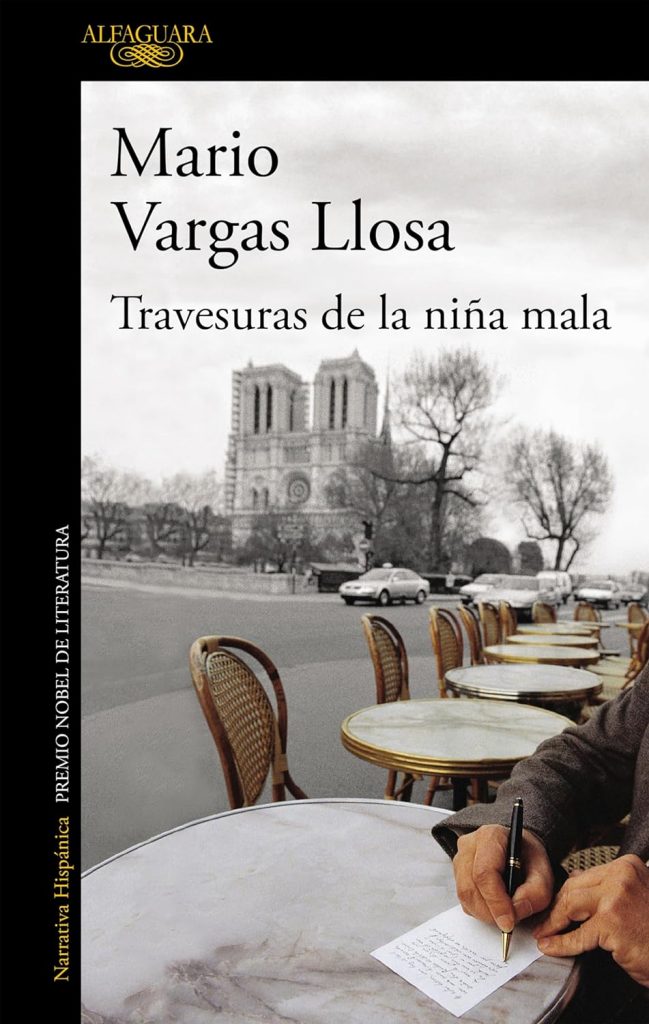
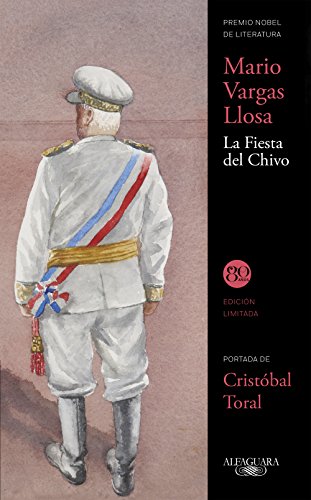
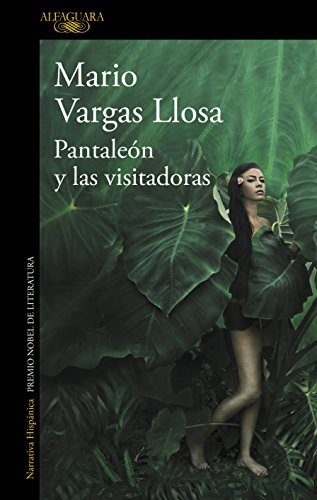
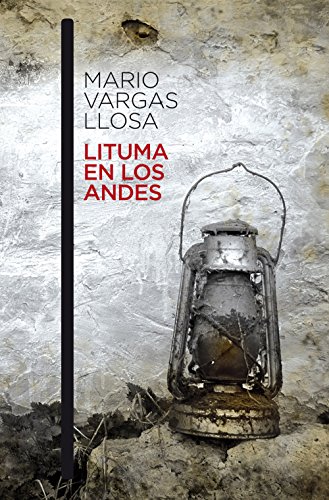
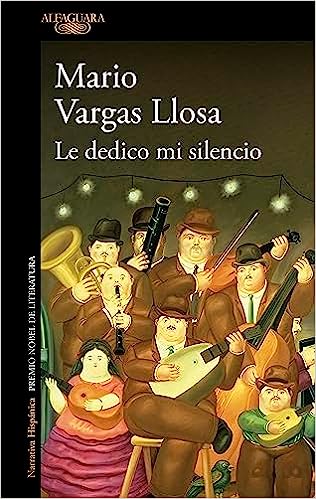
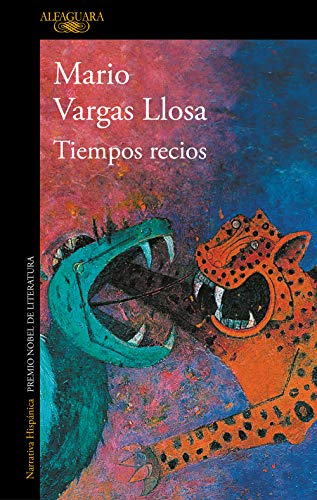
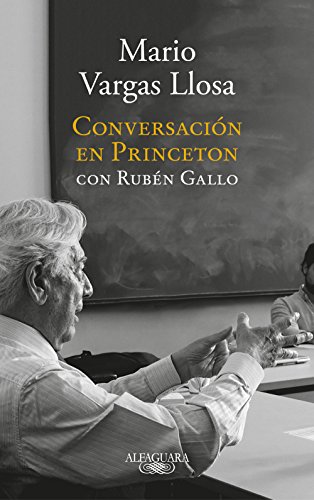
You cannot miss, among the main books, "The War at the End of the World"
Jeg er meget begejstret for Stedmoderens pris og Don Rigobertos hæfter – og anbefales gerne andre i samme boldgade fra Llosa's hånd.